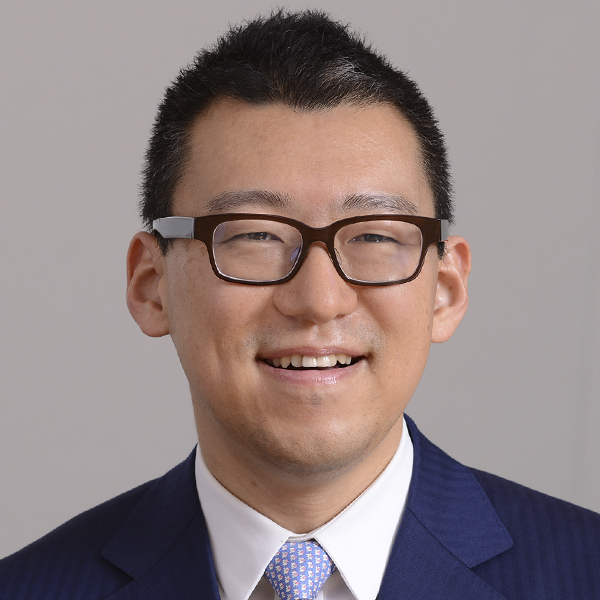Japan
Japan has a new leader: Yoshihide Suga, who replaced his ally Shinzo Abe, the longest-serving prime minister in the country’s history, in September.
We asked Akira Horiguchi, co-principal investment officer on the Capital Group Japan Equity strategy what Suga’s leadership means for Japanese stocks.
Q: Please comment on the Japanese market year-to-date and, more importantly, the COVID-19 situation in Japan.
Relatively speaking, Japan has been very successful in containing the coronavirus outbreak, compared with other G7 countries and European nations. This is one of the reasons for the relatively robust return from Japanese equities year to date. The TOPIX is down 2.7% to 21 October. 1
But another significant factor has been the strong balance sheets among Japanese firms. Companies in Japan are often criticised for holding too much cash - and I wouldn’t disagree with that - but in this crisis strong balance sheets, a strong cash position and a high equity ratio have helped support the market. This was something that we saw in 2008 as well.
Q: Why do you find Japanese equities attractive at the moment?
There are several reasons why they look attractive.
First is the political stability Japan offers. While we have just installed a new prime minister, in reality this is merely a continuation of the previous regime. Suga was chief cabinet secretary under previous premier, Shinzo Abe, and has pledged to follow Abe’s policies.
A second reason is the relative security of Japanese dividends. The situation with dividends in Japan is different to what is happening in other parts of the global economy. Even for banks, the dividend outlook is quite stable. We haven’t experienced the government intervention seen in the UK and Europe. In fact, the government is supportive of banks continuing to pay dividends, and even increasing them.
Another factor is foreign investment. Foreign investors’ expectations for Japanese equities in the last five years of the previous administration were low, in part because Abe’s promise to achieve 2% inflation was never achieved. Expectations for Japanese equities are still quite low even after Suga’s appointment. However, what is pertinent now is to look at the first two years of the Abe administration, when there was a big shift in expectations and foreign investment boomed. We may see a similar change in expectations with the Suga administration, perhaps if we see some early signs of success.
Q: What are you most excited about, with regard to the opportunities that Suga is providing?
Suga is interested in digitisation. We already had material exposure to this dynamic in our portfolio, but we have added to it since Suga’s appointment.
Even before the pandemic, Japan was significantly underinvested and lagging the world in terms of digitisation, whether that was government, large companies or smaller businesses. This became very apparent to the public when the coronavirus pandemic hit. In response to the COVID-19 crisis, the proportion of Japanese people working from home rose to only 20%, significantly lower than both the UK and the US. Cloud penetration is also relatively low in Japan, at 15%, compared with 25% in the UK and 40% in the US. Another issue is that Japanese IT systems are too complex, labour-intensive and lack standardisation. In fact, there was an embarrassing incident on the Tokyo Stock Exchange recently when trading was halted for a full day due to a technical glitch.
1. Source: Bloomberg. TOPIX Total Return Index in Japanese yen terms.
Our latest insights
-
-
-
-
Global Equities
-
Emerging Markets
Past results are not a guarantee of future results. The value of investments and income from them can go down as well as up and you may lose some or all of your initial investment. This information is not intended to provide investment, tax or other advice, or to be a solicitation to buy or sell any securities.
Statements attributed to an individual represent the opinions of that individual as of the date published and do not necessarily reflect the opinions of Capital Group or its affiliates. All information is as at the date indicated unless otherwise stated. Some information may have been obtained from third parties, and as such the reliability of that information is not guaranteed.
 Akira Horiguchi
Akira Horiguchi